Franz Kafka died in 1924, but for all we know, he might still be the silent author of the script being played out between India and Pakistan. It’s difficult otherwise to make sense of the relationship, that has crossed all realms of tragedy, comedy, even tragicomedy, and now resonates in absurdism. The pointlessness of engagements between the two nuclear-armed neighbours reminds one of the world Kafka created in The Trial.
Very often, just a single prescient satirical line can express more than a 1,000-word column. @GernailSaab — a sassy, sardonic, acerbic Twitter handle that parodies the army chiefs of Pakistan (General Qamar Bajwaa is the newest incumbent) recently joked about Islamabad’s likely India policy under Bajwaa.
The tweet perfectly exposes Pakistan’s perfidies and India’s predicament, trapped inside a bleak, gory, meaningless, vicious cycle, one without an exit route. As the Heart of Asia conference began in Amritsar on Saturday, with 40 countries deliberating on the challenges and opportunities facing Afghanistan, host nation India would be pondering over the future of its Pakistan policy.
Islamabad, of course, is once again “ready for talks”. Its foreign office has tried to package Sartaz Aziz’s participation in the 14-member conference as Pakistan’s “commitment to peace and stability in Afghanistan”, even as it winks at the Taliban and bombs go off in different parts of the war-ravaged country.
Aware of its unique positioning as a juvenile delinquent who isn’t expected to mend, much less show, contrition for engineering terror across both its eastern and western borders, a brash Pakistan has dropped large hints that it expects to take part in a bilateral discussion on the sidelines in Amritsar, and has even suggested that the ball is in India’s court.
The audaciousness of the manoeuvre is breathtaking, coming as it does immediately after the terror attack near Indian Army’s 16 Corps Headquarters at Nagrota, in which two majors and five jawans were killed. One more attack, incidentally, was reported at Kulgam in Kashmir on Saturday, resulting in the death of one civilian.
It is almost as if Pakistan is mocking at India, fully aware that New Delhi has no choice but to follow an existentialist script that offers misery on top of repeated humiliation. Islamabad knows well, or at least is arrogant enough, to test the limits of India’s patience and verify whether or not Narendra Modi’s government is in control over the escalation ladder, having launched a surgical strike in the not-so-recent past.
Pakistan’s confidence in playing this dangerous game of one-upmanship stems from an altered geo-strategic universe and India’s domestic compulsions. Post the Barack Obama era and Hillary Clinton’s defeat, with Washington on the cusp of a more inward-looking policy under Donald Trump, Pakistan feels confident of a Sino-centric Asian order. As US exceptionalism ends and an aggressive China rises, Islamabad naturally feels a lot more secure about its future vis-à-vis India.
India has so far held out that there is no possibility of talks, the only rejoinder that it can manage in an otherwise bad script. MEA spokesperson Vikas Swarup told reporters, for the umpteenth time, on Friday, “India has always been open to talks, but obviously it cannot be that talks take place in an atmosphere of continued terrorism. India will never accept continued terrorism as the new normal of the bilateral relationship.”
There are two problems with this stance.
One, it is an old, hackneyed response. Every word of this has now been memorised by policy wonks on both sides of the border. Instead of intimidating, these lines now evoke laughter in Islamabad and are seen as an indication that New Delhi is running out of options. India’s refusal to hold talks worry Pakistan as much as Washington is vexed each time Leftists take out processions in India against US imperialism.
And secondly, because once again as part of another well-rehearsed screenplay, Pakistan knows the domestic pulls and pressures that every Indian Prime Minister is under. These pulls and pressure were evident no sooner did Nagrota end. First off the blocks, as always, were the Abdullahs of National Conference, whose only relevance now in national politics is directly proportional to the outrage that their remarks generate. If papa Farooq Abdullah, former Jammu and Kashmir chief minister, wants both countries to create “an atmosphere for dialogue” and India to hold talks with Pakistan at “some point”, beta Omar, another former CM, has alleged that Nagrota happened because India was too triumphalist over surgical strikes — thereby firmly shifting the blame of terror on India’s shoulders.
If one was inclined to be outraged about the victim blaming and Omar’s confusion about whether he is the former CM of an Indian state or the spokesperson of the neighbouring state’s foreign office, out came the Congress, never failing to disappoint the nation in these troubled times.
Former Madhya Pradesh CM Digvijaya Singh said India must make “every effort” to keep dialogue open with Pakistan. “My party and I personally have always held that dialogue with our neighbours should always be open. We can’t have a situation of no dialogue with our neighbours,” he was quoted by Times Now as saying.
On Friday, during the launch of former national security advisor Shivshankar Menon’s book in New Delhi, P Chidambaram advised India to “continue engaging with Pakistan” despite heightened tension. According to a report in The Telegraph, Chidambaram said, “You have to continue to engage with Pakistan. Eventually, you have to live with your neighbours and you have to learn to live with them. Yes, you must be on your guard, but the answer is to engage Pakistan.”
In the asymmetric war that Pakistan fights with India, statements of these kind are its biggest weapons and they cut New Delhi the deepest . It chips away at India’s moral strength while tackling Pakistan on global forums because it puts the onus of Pakistan’s bad behavior against India, telling the world at large that no matter what Islamabad does, New Delhi must always come round to turning the other cheek.
This self-defeating logic will continue to erode India’s credibility on leading the war against terror, no matter what happens during the Heart of Asia conference and whether or not the vision document comes down hard on cross-border terrorism.
Pakistan knows this, as much as anyone else. It only needs to stick to the carefully rehearsed Kafkaesque screenplay.


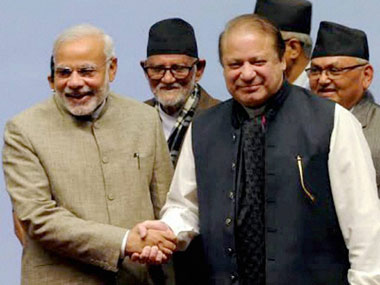)




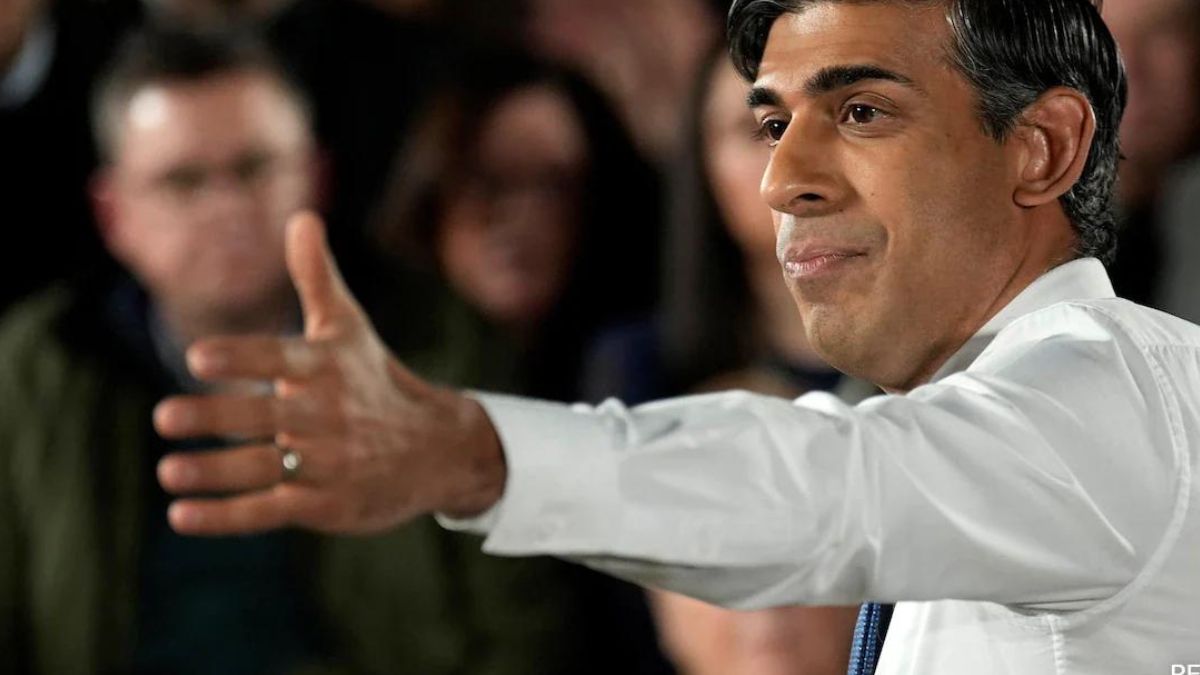)
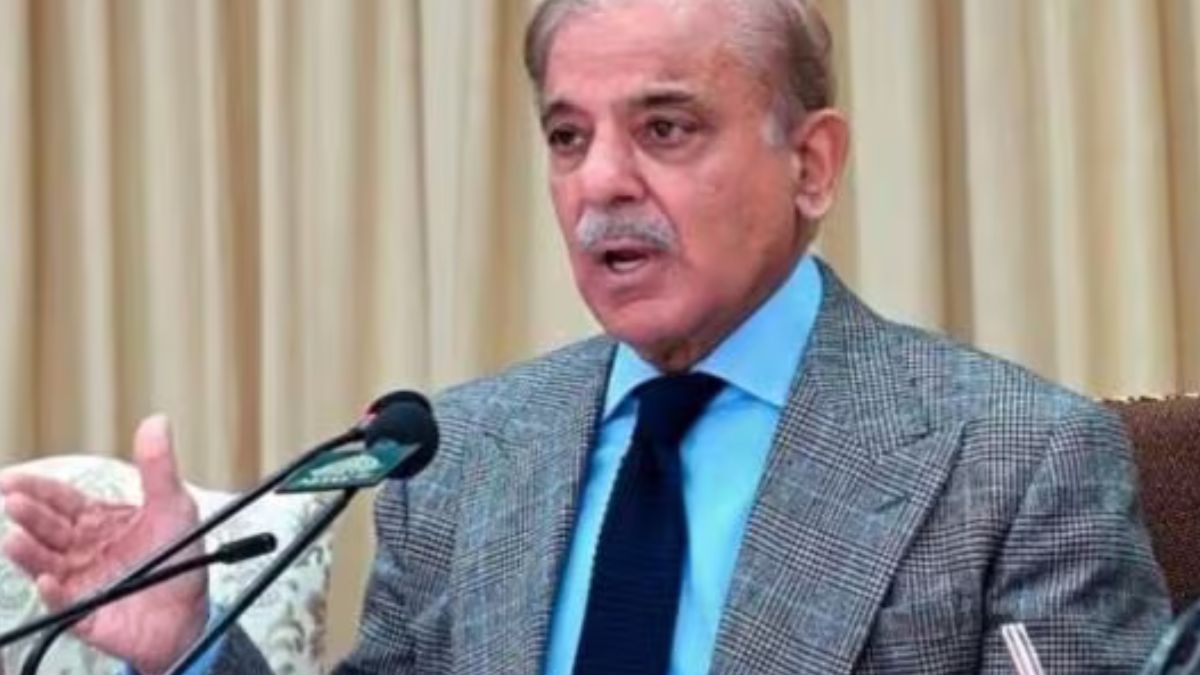)
)
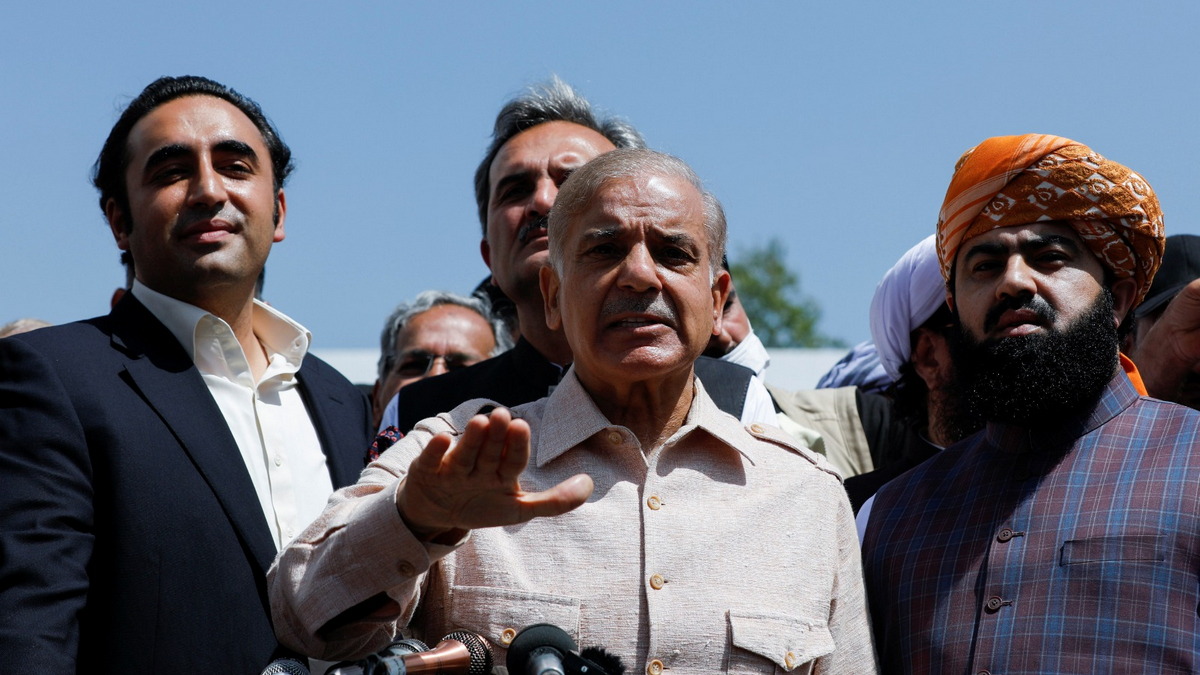)
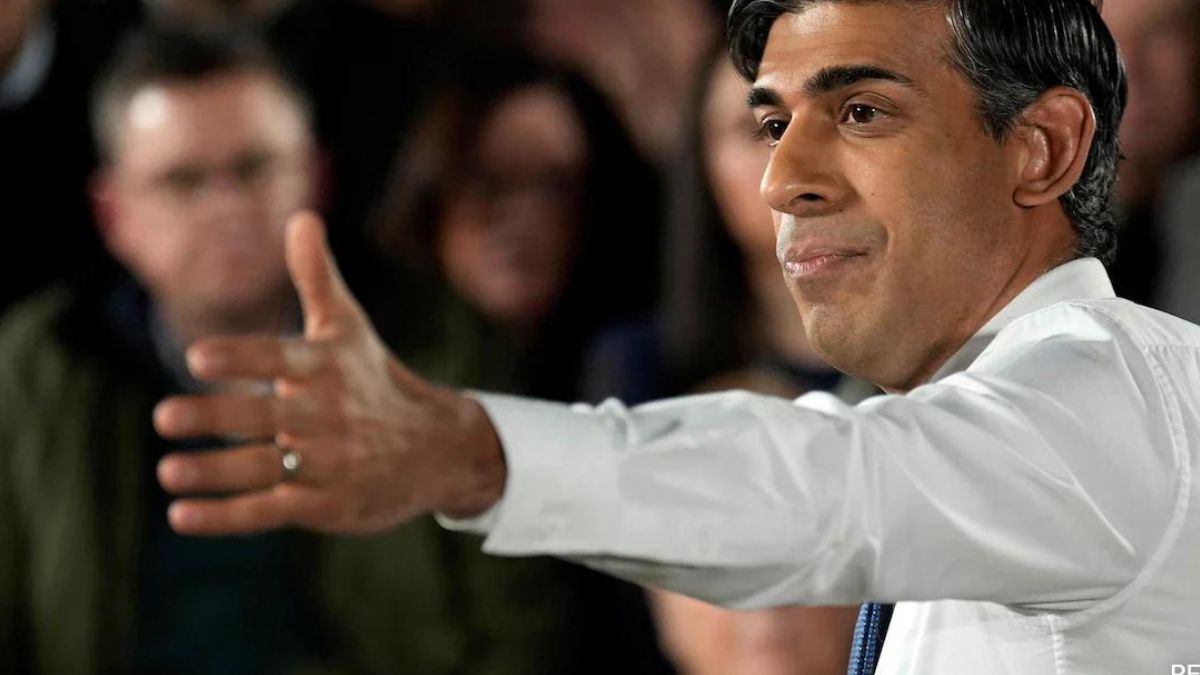)
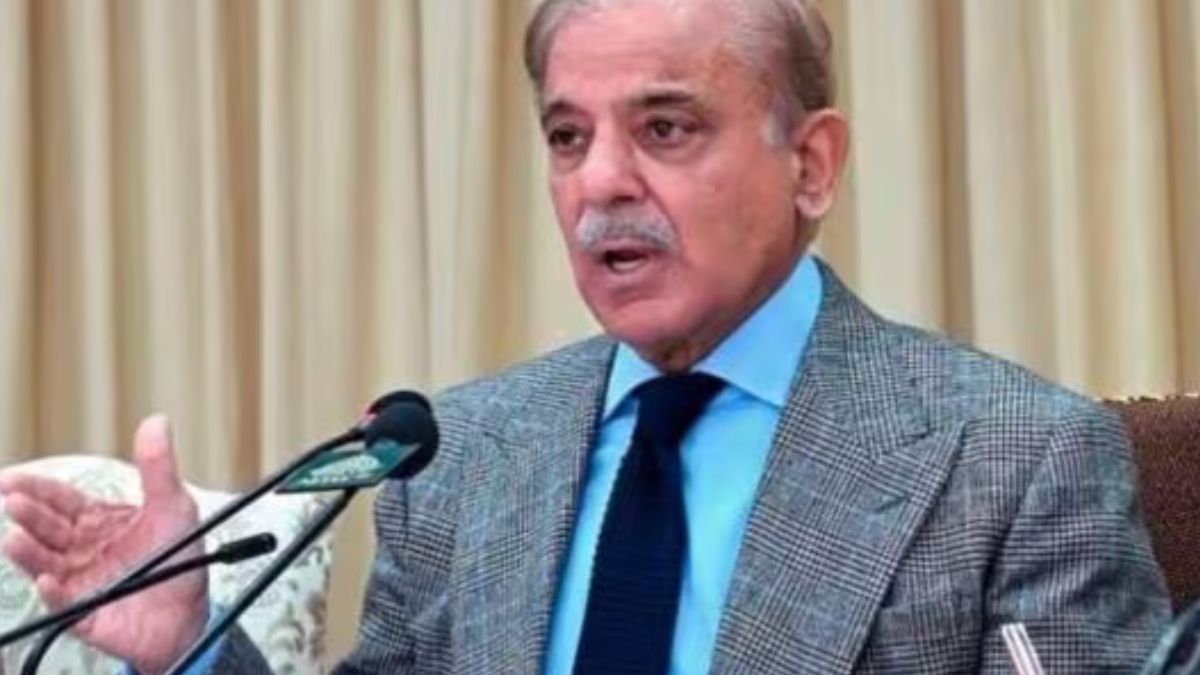)
)
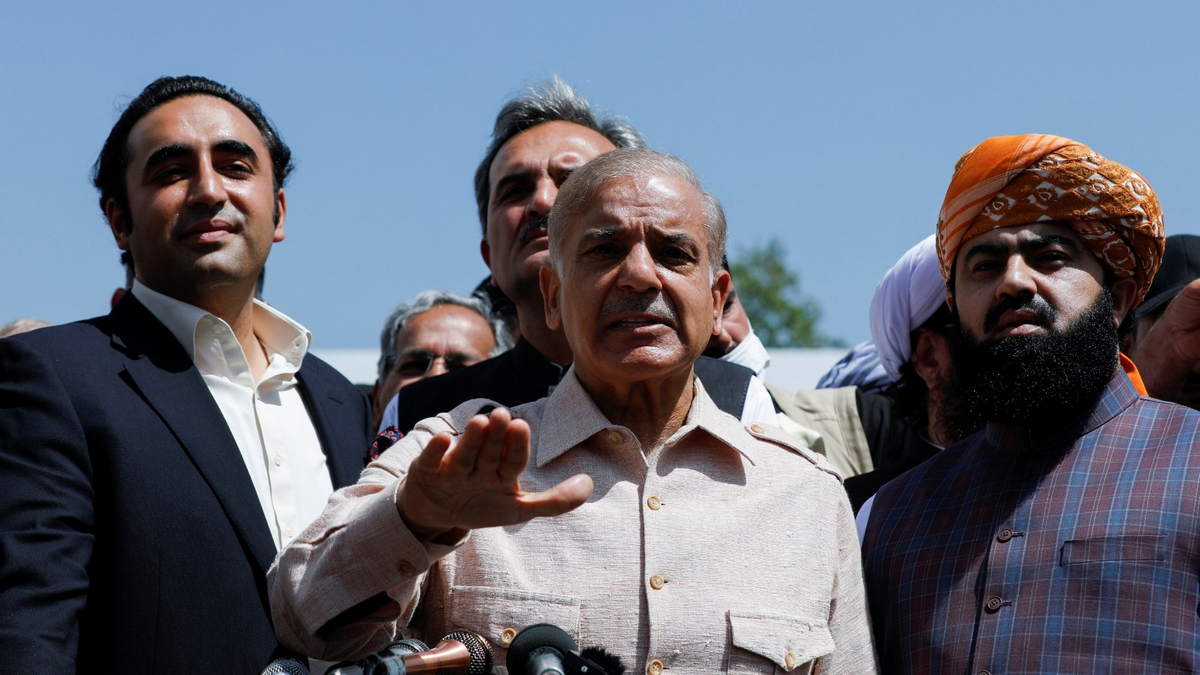)